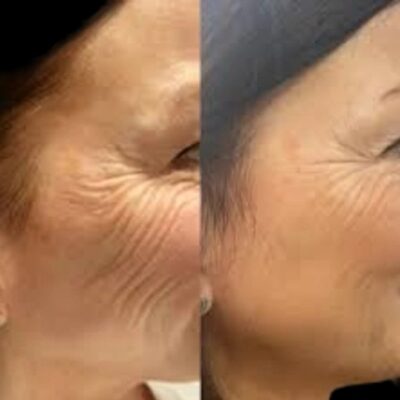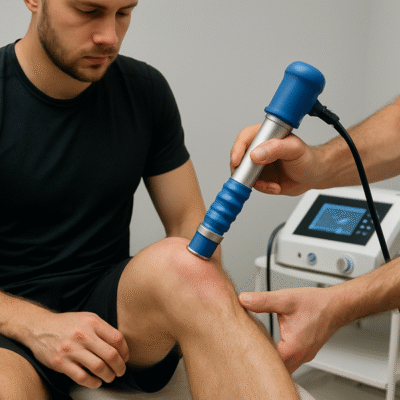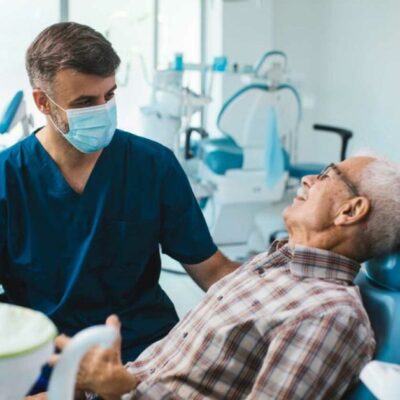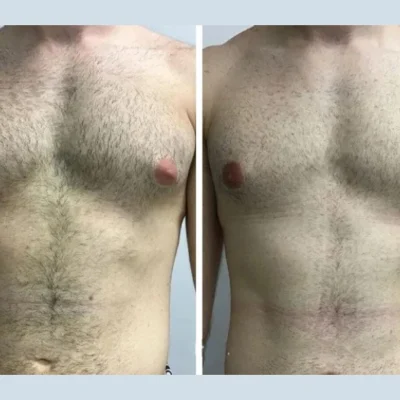What Does “Ear Popping” Really Mean?
Ear popping occurs when the pressure inside your middle ear equalizes with the air pressure outside your ear. This usually happens thanks to your Eustachian tubes—tiny passages that connect your middle ear to the back of your nose and throat. When these tubes open, they allow air to flow in or out of the middle ear, balancing the pressure and often causing that familiar “pop.”Most of the time, this is a normal and harmless process, but if your ears are popping frequently, it could be a sign that something’s not quite right.
Why Do My Ears Keep Popping? Common Causes Explained
If you’re experiencing frequent ear popping, you’re not alone. There are a number of reasons why this might be happening. Here are some of the most common explanations:
1. Changes in Altitude
Any situation where air pressure changes rapidly—such as flying, driving in the mountains, or even riding in a fast elevator—can make your ears pop as your body tries to equalize the pressure.
2. Colds and Respiratory Infections
Colds, flu, and other respiratory infections can cause swelling and mucus build-up around the Eustachian tubes, making them less effective at balancing pressure. This can lead to repeated popping, a feeling of fullness, or even mild pain.
3. Allergies
Allergic reactions often cause inflammation and congestion in the nose and throat. If you suffer from hay fever or other allergies, you may notice your ears popping more frequently during allergy season.
4. Sinus Problems
Sinus infections and chronic sinusitis can block the Eustachian tubes, leading to frequent or even constant popping.
5. Earwax Buildup
A common but often overlooked cause, excess earwax can block the ear canal and disturb normal pressure equalization. If you’re searching for clearer ears Milton Keynes, professional earwax removal may be the solution you need.
6. Eustachian Tube Dysfunction
Some people’s Eustachian tubes don’t work as well as they should. This can be due to anatomical differences, chronic inflammation, or past infections, leading to ongoing ear popping and discomfort.
7. Barotrauma
This is an injury caused by a rapid or extreme change in pressure, such as during scuba diving or a rapid plane descent. It can cause pain, popping, and even temporary hearing loss.
Symptoms That Often Accompany Frequent Ear Popping
Ear popping is usually just a minor annoyance, but if it’s happening frequently, you might also notice other symptoms. These may include:
- A feeling of fullness or pressure in the ears
- Muffled or reduced hearing
- Mild ear pain or discomfort
- Ringing in the ears (tinnitus)
- Occasional dizziness or balance problems
- Fluid sensation or crackling sounds
If these symptoms are severe, persistent, or affecting your quality of life, it’s a good idea to seek help from an ear care professional—especially if you’re looking for clearer ears in Milton Keynes.
The Importance of Clearer Ears: Why It Matters
Maintaining clear and healthy ears isn’t just about comfort; it’s also crucial for good hearing and overall wellbeing. When earwax, congestion, or Eustachian tube dysfunction are left untreated, they can lead to complications such as:
- Increased risk of ear infections
- Long-term hearing problems
- Chronic pain or discomfort
- Reduced quality of life
That’s why it’s important to address persistent ear popping and related symptoms early—before they develop into bigger problems.
Home Remedies & Self-Help Tips for Ear Popping
There are several simple things you can try at home to relieve ear popping and keep your ears clear:
1. Swallow, Yawn, or Chew Gum
These actions help open the Eustachian tubes naturally and can quickly equalize pressure.
2. Try the Valsalva Maneuver
Gently pinch your nostrils shut, close your mouth, and blow gently. This can force the Eustachian tubes to open, but don’t blow too hard, as it can cause damage.
3. Use a Warm Compress
Holding a warm cloth over the affected ear can help reduce discomfort and promote drainage.
4. Stay Hydrated
Drinking plenty of water helps thin mucus and encourages natural drainage.
5. Treat Allergies and Colds Promptly
Using antihistamines, decongestants, or saline nasal sprays (as recommended by your doctor) can help reduce swelling and congestion.
Professional Treatments for Persistent Ear Popping
If home remedies don’t resolve the problem, it may be time to seek professional help—especially if you’re searching for clearer ears Milton Keynes. Here are some common medical treatments:
1. Earwax Removal
If earwax buildup is the cause, professionals can safely remove it using micro-suction, irrigation, or specialized tools—far safer and more effective than using cotton buds at home.
2. Medication
Doctors may prescribe decongestants, nasal steroids, or allergy medications to reduce inflammation and help the Eustachian tubes function better.
3. Eustachian Tube Balloon Dilation
For chronic Eustachian tube dysfunction, a specialist might recommend a procedure that uses a small balloon to widen the tube and improve its function.
4. Treating Underlying Conditions
If sinusitis, allergies, or respiratory infections are to blame, managing these conditions will often resolve the ear popping as well.
When to See a Specialist: Warning Signs
Most ear popping is harmless, but certain signs mean you should see a healthcare professional as soon as possible:
- Severe or persistent ear pain
- Sudden or significant hearing loss
- Fluid or blood draining from the ear
- High fever and ear pain (especially in children)
- Symptoms lasting longer than a week
If you’re in the Milton Keynes area, searching for clearer ears Milton Keynes will help you find local clinics and specialists who can assess your symptoms and recommend the right treatment.
How to Prevent Frequent Ear Popping
While you can’t always avoid changes in pressure or getting a cold, there are some steps you can take to reduce the likelihood of frequent ear popping:
- Keep your ears clean (but don’t overdo it—avoid poking objects into your ears)
- Manage allergies and sinus issues proactively
- Stay healthy by practicing good hygiene to reduce the risk of colds and infections
- Use earplugs or special ear filters when flying or diving to minimize pressure changes
- Avoid smoking, as it can irritate your Eustachian tubes and increase the risk of dysfunction
Special Considerations for Children
Children are especially prone to ear popping and Eustachian tube problems, especially during colds or allergies. If your child frequently complains of ear popping, pain, or hearing loss, keep an eye out for signs of infection (such as fever, fussiness, or tugging at the ears) and consult a doctor if you’re concerned.
Finding Help for Clearer Ears in Milton Keynes
If you’re tired of dealing with frequent ear popping, or if you suspect earwax buildup is the problem, there are excellent options for clearer ears Milton Keynes. Local ear care clinics offer:
- Professional ear examinations
- Safe and effective earwax removal
- Advice and treatment for allergies, sinus issues, and Eustachian tube dysfunction
- Hearing checks and referrals if needed
Always choose qualified professionals for ear care—never try to remove earwax with sharp objects or unproven remedies.
Conclusion: Take Charge of Your Ear Health
Frequent ear popping can be annoying, uncomfortable, and sometimes even alarming. But understanding why your ears keep popping is the first step to finding relief. By recognizing common causes, trying effective home remedies, and seeking professional help when needed, you can achieve clearer ears and better overall ear health.If you’re in the Milton Keynes area and looking for answers or professional care, don’t hesitate to search for clearer ears Milton Keynes to find trusted local specialists. Your ears are vital to your well-being—look after them, and they’ll serve you well for years to come.



